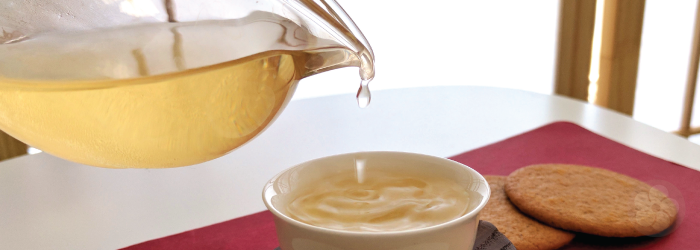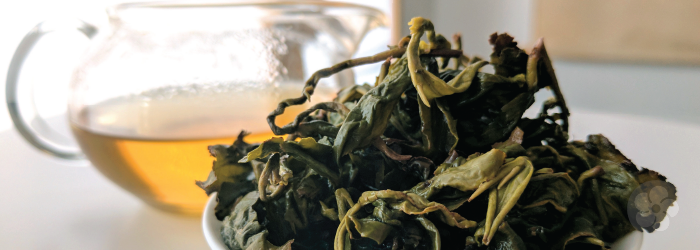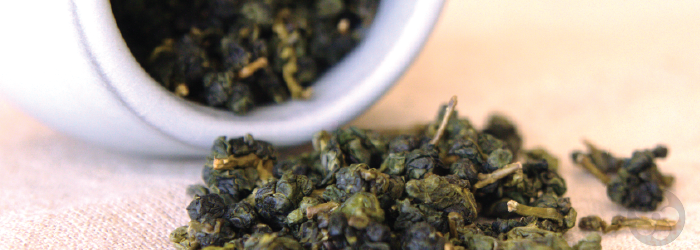5 Teas That Don't Need Sugar
Adding sugar to tea is a time honored tradition in the western world. And historically, this makes a lot of sense. Teas imported to western Europe were produced in mass quantity, chopped and compressed for maximum space efficiency, and then spent several months on a humid ship, inevitably going a bit stale in the process. For stronger flavor, the broken tea leaves were steeped for longer periods, after which milk and sugar were added to offset the bitterness inherent in the brew.
So while there’s nothing inherently wrong with adding sugar or milk, we often compare tea with additives to sangria. Adding fruit to a cheap wine is likely to improve the flavor, but adding fruit to an high quality bottle only masks the subtle complexities in the wine itself. Basically, it's a waste.
Luckily, there are many teas with complex flavor and an undeniable natural sweetness. Here are five options in a wide range of styles that don’t need any sweeteners to feel like a treat.
Continue reading



